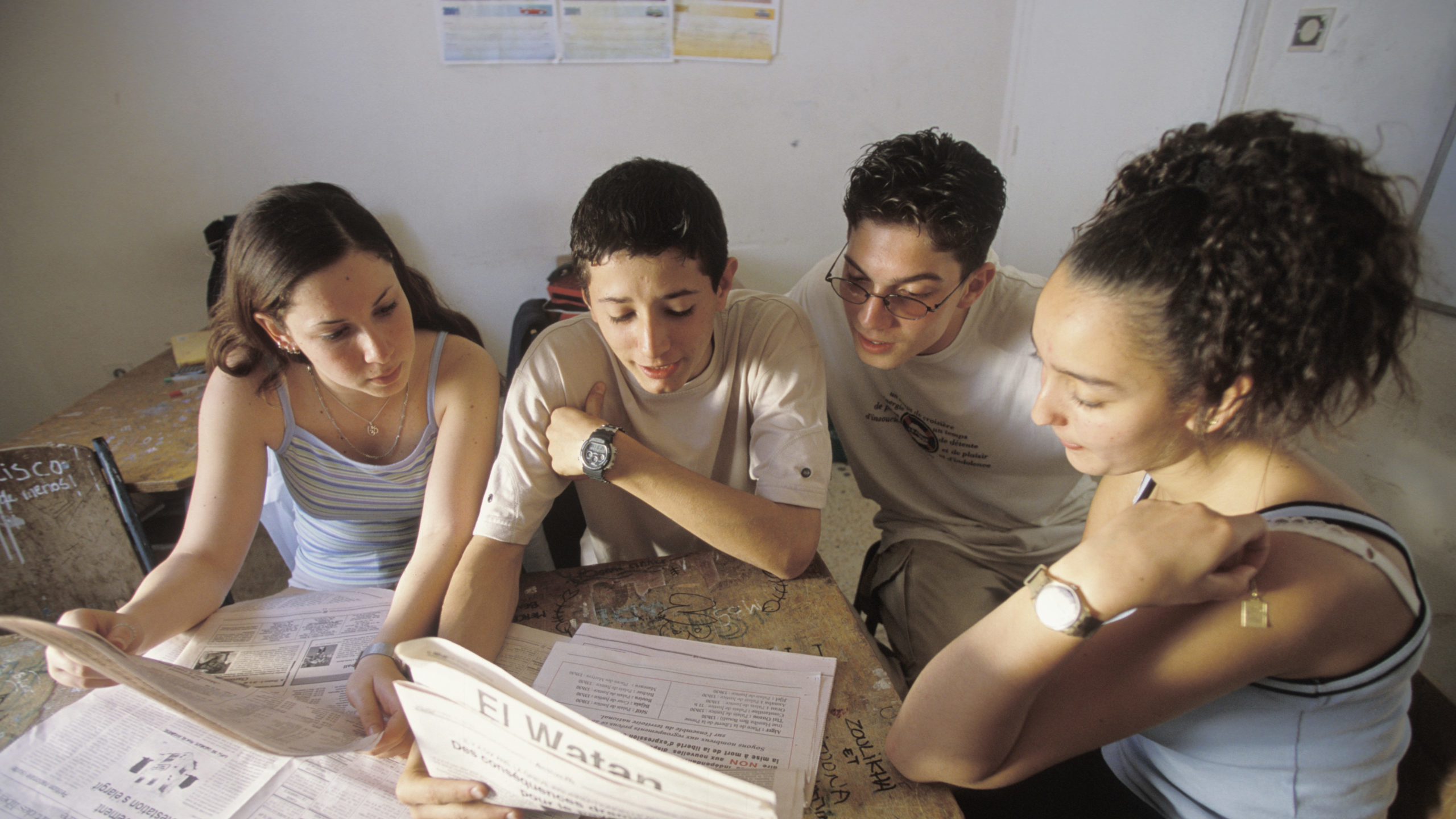resource
Preliminary evidence from a 2009 global evidence review suggested that community-based child protection mechanisms are likely to be more effective and sustainable if they are linked with formal aspects of the child protection system. To test the value of nonformal-formal linkages, this action research uses a quasiexperimental design to test the effectiveness of a community owned and driven intervention that seeks to reduce teenage pregnancy. In each of Moyamba and Bombali Districts, there were two clusters of three communities in different but comparable chiefdoms. One cluster was an intervention cluster, whereas the other was a comparison cluster.
In the intervention clusters, community members from three villages worked collaboratively to develop an intervention that addressed a child protection concern of their choosing. In both intervention clusters, the communities elected to focus on teen pregnancy, an issue that had been documented as a key concern in previous ethnographic work. The intervention, which was developed by the community, included components on family planning, sexual and reproductive health education, and life skills and was implemented in partnership with NGOs and District Ministry of Health partners.






